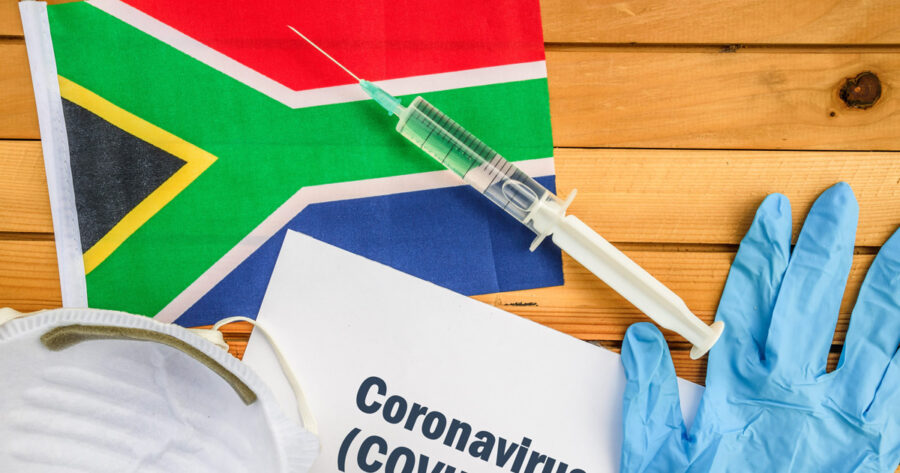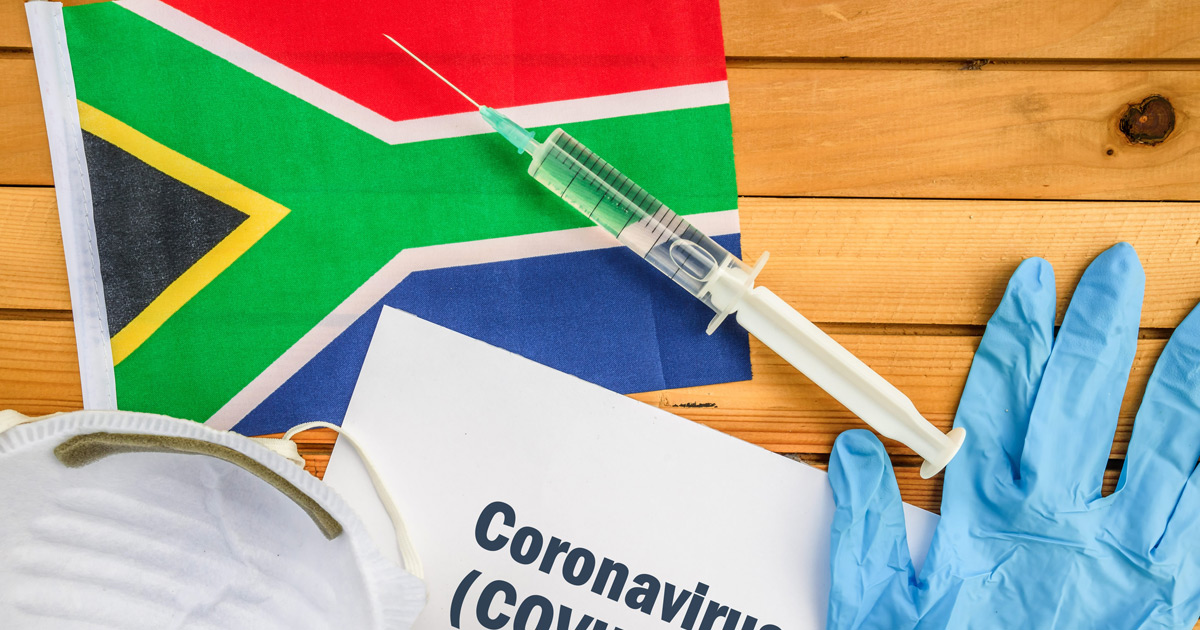
SA Government Admits Private Sector CAN Purchase Covid-19 Vaccines
The South African government has admitted under oath that there is no legal restriction on the private sector purchasing Covid-19 vaccines, according to AfriForum and Solidarity. “The state has a history of failure. The SAA has fallen, Eskom turned off our lights, municipalities are bankrupt, and Denel cannot pay their employees’ salaries. The government does […]

The South African government has admitted under oath that there is no legal restriction on the private sector purchasing Covid-19 vaccines, according to AfriForum and Solidarity.
“The state has a history of failure. The SAA has fallen, Eskom turned off our lights, municipalities are bankrupt, and Denel cannot pay their employees’ salaries. The government does not have the ability to manage the vaccine process themselves. This includes the purchasing of vaccines,” said Dr Dirk Hermann, Chief Operations Officer of Solidarity, at a media briefing on Tuesday.
“The private sector must be involved with the full vaccine value chain – from procurement to the administering of the vaccine. To ensure this, Solidarity and AfriForum approached the court to prevent the nationalisation of the vaccine process.”
The two organisations had threatened legal action against the government, to declare unconstitutional any legal exclusion of the private sector regarding the purchase of vaccines.
According to the organisations, the government used its political power to create a public impression that it intends to control the entire vaccine process. Health Minister Zweli Mkhize had said the purchase of vaccines would be managed by the central government, and later in KwaZulu-Natal on 18 February, he mentioned that the national government will be responsible for the direct purchase of vaccines.
In parliament Dr Mkhize mentioned that central purchasing of vaccines would be the best option for all people in South Africa. He further said that the private sector can buy vaccines from the government. In the government’s vaccine rollout strategy, they also said that the process will be led nationally. In the so-called response strategy, the following was said: “The SA government will be the sole purchaser for the vaccines in the country.”
Hermann said today: “The government has now admitted under oath in its court documents that there is no statutory restriction on the private sector regarding the purchase of vaccines. There is now legal certainty that the private sector may purchase and distribute vaccines – a huge setback for looters.”
According to Ernst van Zyl, Campaign Officer for Strategy and Content at AfriForum, “the timeline of events relating to this case has made it clear that the government’s refusal to answer AfriForum and Solidarity’s attorney letter has led to large scale confusion and a shocking lack of transparency in an urgent matter.
“AfriForum and Solidarity had to launch a court application to finally get a response from government – whereas a simple response to our initial letter would have cost the government almost no time at all. There appears to be a deliberate attempt at obfuscation by the government regarding this matter, which leads us to ask, why this lack of transparency?”
Van Zyl asserts: “The fact that it is taking legal action to force government to answer important questions about an urgent matter that can save lives, proves how little value the government really attaches to transparency.”
He said this case proves again how important watchdogs for civil society are in the “ongoing battle to protect human rights in South Africa”.
Today’s announcement means that employers, medical funds and other private institutions are able to approach manufacturers with confidence for negotiations on the vaccines.
“This can be crucial in our fight against the virus,” says Hermann. “Solidarity is now calling on large employers, medical distributors, medical aid funds and other role players to start buying, distributing and administering vaccines on a large scale. We also call on suppliers to not only provide vaccines centrally to the government, but to a variety of buyers so that there are more role players in the market, thus also enabling the consumer to make a choice about which vaccine he or she wants administered. We will not allow the government to appropriate that which does not belong to it.”
